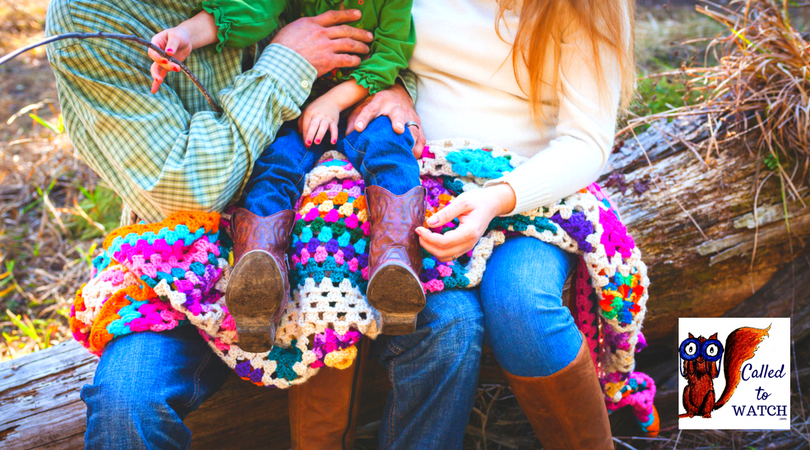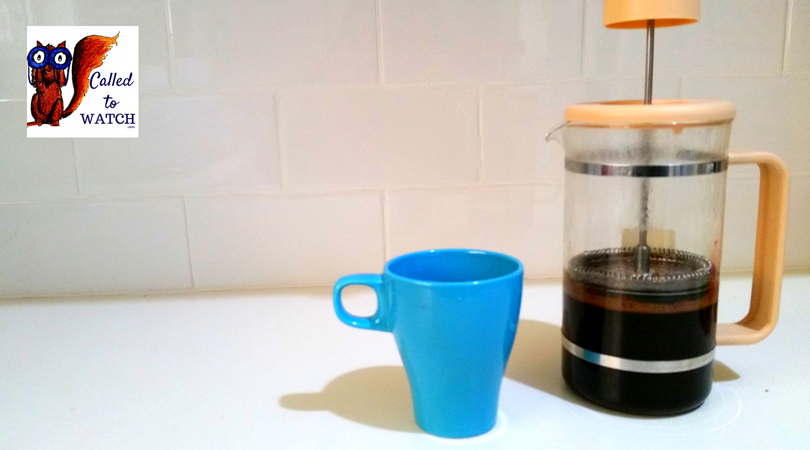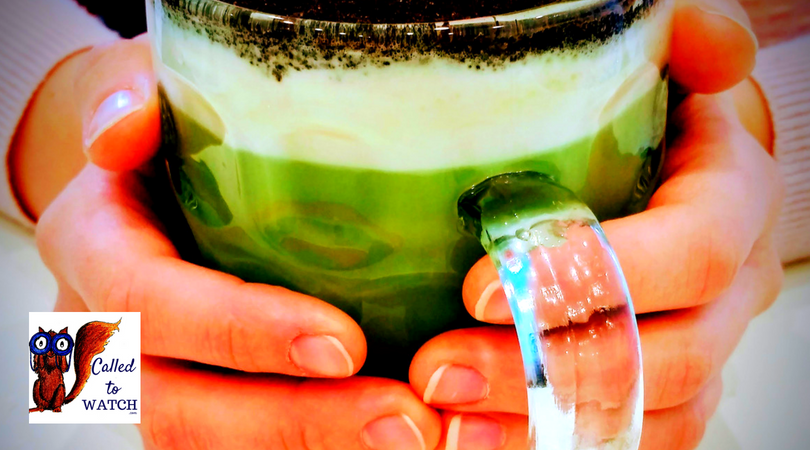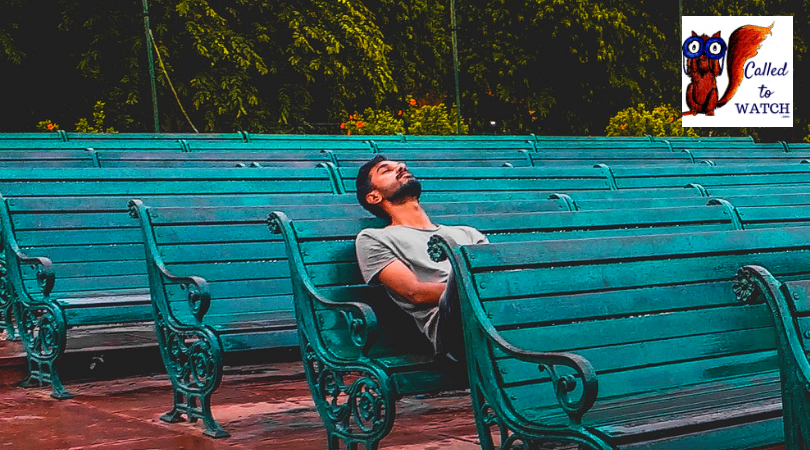Then a close friend receives a diagnosis. They’re sick. Chronically sick… perhaps with the same illness as your loved One, perhaps a slightly different one.
Everyone is dismayed and shocked. They surround the newly-diagnosed one with gifts of love and support. Maybe they look at you, and assume you too will visit and offer your help. After all, you and your Loved One are ‘old hands’.
Perhaps someone nudges you and quips that maybe the past suffering of your Loved One was preparation for loving this person – that all that agony was raising you up for “such a time as this.”
You know you should help. You know you should love. But instead you feel… jealous.
Continue reading “Help! I’m jealous of their chronic illness!”










